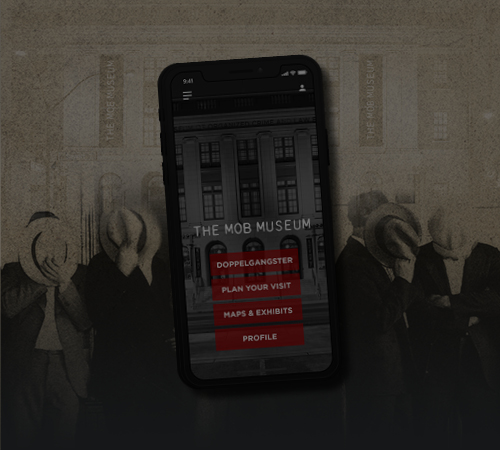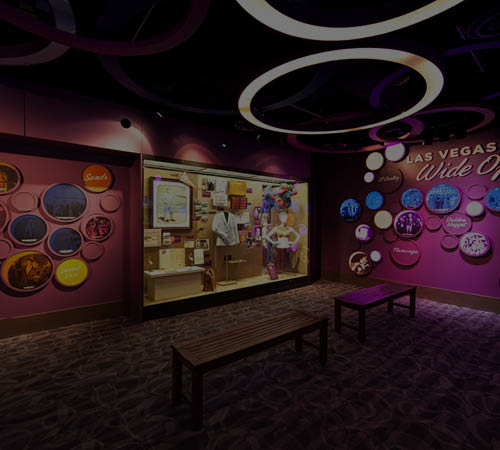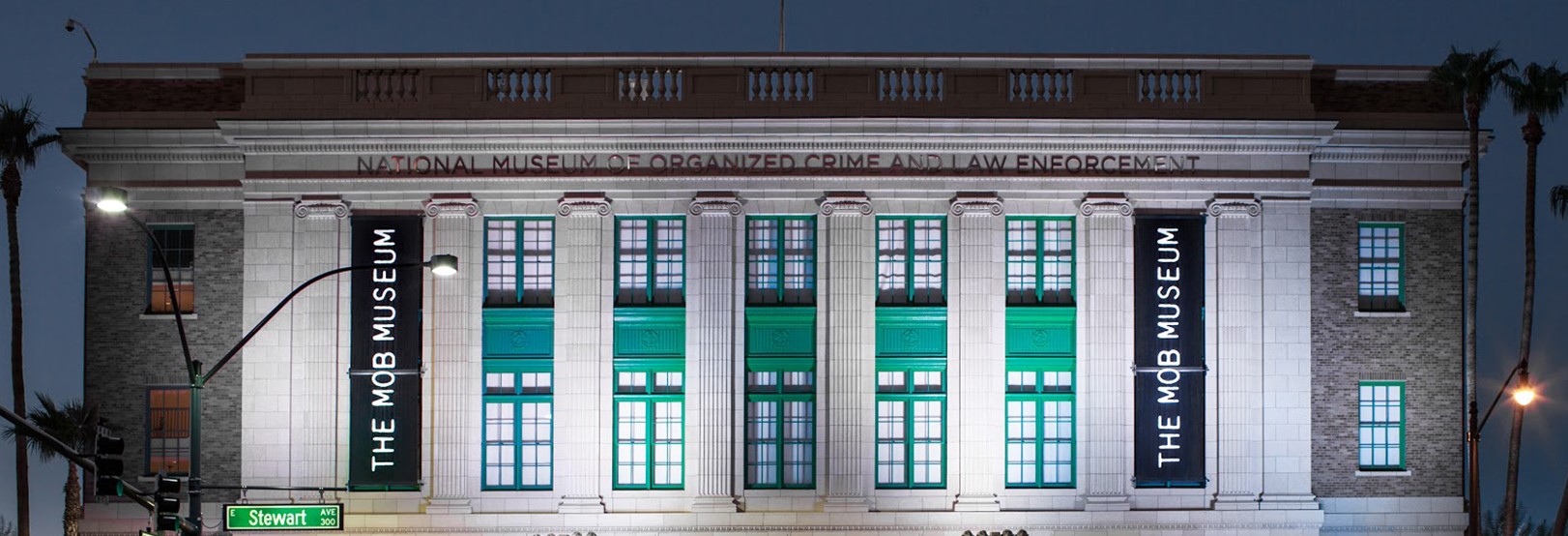
Fake products are huge business for European organized crime
Biggest danger: bogus pharmaceuticals that people rely on to treat serious illnesses

For organized crime groups, the business of counterfeiting and pirating legitimate products is booming. Europol, Europe’s top law enforcement agency, estimated the annual income from fake goods worldwide in 2016 reached a staggering $461 billion, or a 2.5 percent share of all global trade.
Europe itself is a hotbed for sales of cheap, inferior products made without quality testing performed by genuine manufacturers. The crime-produced items include fake car parts, phony and poor-quality designer clothing, accessories, perfumes and cosmetics, counterfeit cigarettes, olive oil, wine, food items, electronics, children’s toys, sunglasses and luxury cars. For consumers, the biggest danger is sham pharmaceuticals and over-the-counter drugs with low-dose or ineffective ingredients. These drugs are used by people, many with low incomes, who are expecting but not receiving the treatments they need for maladies such as diabetes and high blood pressure.
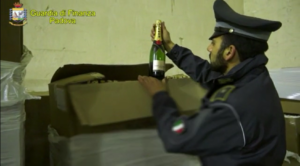
According to a new Europol report, the European Union’s organized crime gangs involved in lucrative intellectual property (IP) crime don’t stop there. They also commit other felonies alongside IP crime to stay in business, or what’s known as “poly-criminality.”
These ancillary offenses include money laundering, cybercrime, tax evasion, document fraud, drug production, drug trafficking, forced labor, bribery and even terrorism. The crimes either facilitate IP violations or are committed at the same time as sideline businesses. For example, product counterfeiters might use their profits to finance drug trafficking, and use the same sales routes to sell fake items and illegal drugs.
In the report, “IP Crime and Its Link to Other Serious Crimes,” Europol takes a “case book” approach, reviewing specific examples of IP criminal cases cracked by the agency and EU member nations in 2016. The purpose of the report is to show that rather than a “victimless crime,” IP crime is committed in conjunction with other violations. The report’s goal is to guide policymakers in drafting new laws aimed at breaking these complex conspiracies.
What remains today the biggest bust in Europe of counterfeit products happened in 2016, and evolved over a three-year period in Spain, a peculiar center for fake product-related rackets within the EU. With 400 officers involved, the Europol case, known as “Operation Pinar,” dismantled a group composed mainly of Moroccan nationals, engaged in industrial property crime and money laundering. In a series of raids, authorities arrested 67 people and confiscated more than 250,000 fake products worth 8 million Euro. The imitated items included clothes, shoes, belts, watches, sunglasses and jewelry. At a secret factory in Spain, the ring placed designer logos and names onto non-branded, second-rate products imported mostly from China, Turkey and Portugal. Before its capture, the gang successfully sold 5.2 million Euro in counterfeit items and laundered (the concealment of criminal profits, typically through bank transfers and purchases) 9 million Euro.
Pharmaceutical crime
Criminal syndicates sell fake prescriptions and over-the-counter drugs to consumers mainly via public or “open” websites, but they also use the private “dark” web to hawk illicit goods (and illegal services) to hide the transactions from law enforcement. Advertised as the real thing at a discount, rip-off medicines are cheaply and poorly formulated and can be dangerous. In the course of probing the sale of bogus legal drugs, Europol found that counterfeiters also tended to traffic illegal recreational drugs and engage in money laundering, fraud, bribery and corruption.
One of many cases highlighted in the report, called “Operation Ayurveda,” included not only Europol but law enforcement agencies in France, the U.K. and the United States. The action originated in Spain, a country with seaports accessed by the Atlantic Ocean and Mediterranean Sea and frequently used by organized crime. Counterfeit drug smugglers exploit Spanish harbors as a delivery space for materials imported from manufacturers in Asia to mix bogus medicines, “always under a fictitious [name] brand and with fake documents,” according to Europol.
“Similarly, finished products, pretending to have been manufactured in Spain and under a fake Spanish brand, were directly imported from India or China,” the agency reported. “Dismantling these illegal activities also contributed to safeguarding Spain’s good reputation in the manufacture of medicines. These illegal medicines targeted patients suffering from severe ailments such as those provoked by leukemia, psychosis, anxiety and cardiac conditions and were supposedly composed of drugs such as penicillin, heparin, vincristine and morphine.”
During Operation Ayurveda, investigators arrested 16 suspects and gathered evidence of ancillary crimes committed by the conspirators to keep their IP fraud scheme going — money laundering, fraud, bribery, corrupting public officials and document fraud.
Drug trafficking
European police, over the past several years, have broken up a number of criminal operations that combined product counterfeiting and illegal drug sales. “Operation Dianu,” in Spain in 2017, ended with Europe’s largest seizure of anabolic steroids, a prohibited performance enhancer used surreptitiously in professional sports. After 25 searches of homes, gyms and warehouses in four Spanish cities, police and Europol arrested 14 people and confiscated 3 million doses of unregulated steroids and male sex hormones. Officers uncovered evidence of more than 120 different types of doping drugs, made mostly in China and India, meant for planned distribution on the black market in Spain, Belgium and Germany. The probe in the city of Malaga led to a service run by a prominent bodybuilding trainer who allegedly oversaw international sales of the drugs. In addition to the sports meds, police seized 2.7 kilos of cocaine.
In 2018, during “Operation Reaparecer,” Spanish National Police made 29 arrests and impounded 5 million doses of Chinese-made illegal and counterfeit sports enhancement medicines from houses in Madrid, Valencia and Malaga, bound for gymnasiums in Spain and the Netherlands. The seizures included seven liters of liquid testosterone, 42,500 doses of the illegal “club drug” MDMA, 3,500 doses of LSD, 9,000 grams of speed, 5,000 grams of crystal meth and quantities of ketamine, cocaine, heroin, hashish and marijuana.
Another notable case combining IP theft and drugs, nicknamed “Operation Horse,” centered on an organized crime group specializing in copyright infringement by manufacturing fake Ferrari, Lamborghini and Renault high-performance sports cars. After raiding a warehouse in the state of Catalonia in far northeastern Spain near Barcelona, Spanish police located a workshop where 14 middle-level cars were in various stages of rebuilding for sale as expensive “supercar” vehicles, including two F430, one F40 and one F355 Berlinetta model Ferraris, a Lamborghini Gallardo and a Renault Alpine 310. The makeshift factory contained Fiberglas molds used to fabricate Ferrari body sections. The ring’s inventory also included fake Ferrari spare parts, speedometers, emblems, badges and sales documents. Police caught and arrested a suspect who had just sold a counterfeit luxury vehicle online.
The boss of the bogus car ring also allegedly put together a cannabis operation. When officers entered the garage of his home, they uncovered an indoor marijuana plantation, with plots for 950 plants, 71 power transformers, 81 lamps, 28 bags of growing soil and eight air conditioning units for cultivation.
Sparkling wine and olive oil
For counterfeiters, disguising low-cost foodstuffs as high-quality brands can be as easy as affixing labels to containers of a faked product. That’s what happened in two unnamed but memorable Europol cases from Italy.
The first came in 2016, discovered by police in Padua in northeastern Italy. A wine company notified authorities after finding a bottle of French sparkling wine without the maker’s batch number. The cops soon uncovered a secret lab in the Padua countryside where counterfeiters glued labels for expensive brand French champagne onto bottles of common Italian sparkling wine. The local police seized 9,200 bottles of the sparkling wine, plus 40,000 labels and 4,200 boxes with the French geographical information printed on them to deceive buyers. The quantity of faked wine could have earned the gang as much as 1.8 million Euro had the bottles with trademarked labels been sold.
In another counterfeit food case, launched in May, 2019, Italian police arrested 22 people in Italy and German police arrested two Italian nationals in Germany, following a four-year investigation into sales of phony olive oil. Investigators learned that criminals bought 1 million liters of cut-rate sunflower seed oil each year from vendors in Spain, Greece and Turkey. To make the liquid look like high-quality extra virgin olive oil, the gangsters added chlorophyll and beta-carotene. They made an estimated 8 million Euro per year, after paying one Euro per liter for the seed oil and charging 5 to 10 Euros a liter for the faked product. The crime group sold the oil mainly to restaurants and shops in Stuttgart, Frankfurt and Berlin, Germany, transporting it in trucks loaded with 23,000 bottles each. During 20 raids of houses and trucks, police in Italy and Germany confiscated 150,000 bottles of the bogus oil. Court officers charged the two dozen suspects with racketeering, selling non-genuine food and concealing money earned through committing crimes.
Illegal pay-TV channels
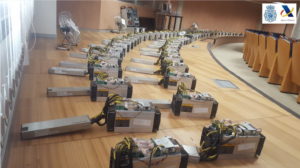
One of the latest rackets favored by European organized crime is pirating pay-TV channels through illegitimate decoders made in China. For its case, “Operation FAKE,” in 2016, Europol teamed with Spanish and German police to bust a criminal network that posed as pay-TV service providers and charged fees while illegally diverting broadcast services in Spain. The cops arrested 30 suspects and captured more than 48,000 decoders — used to funnel channels to customer TVs — along with a counterfeit luxury car, a private plane and 183,000 Euros in cash. The crime ring employed servers in Europe, including Germany, and used Internet Protocol television (IPTV, or steaming media) to reroute the signals of about 1,600 channels. The gang tried to launder its proceeds by mining the cryptocurrency Bitcoin, but authorities seized 31,000 Euros from its Bitcoin account.
Feedback or questions? Email blog@themobmuseum.org

